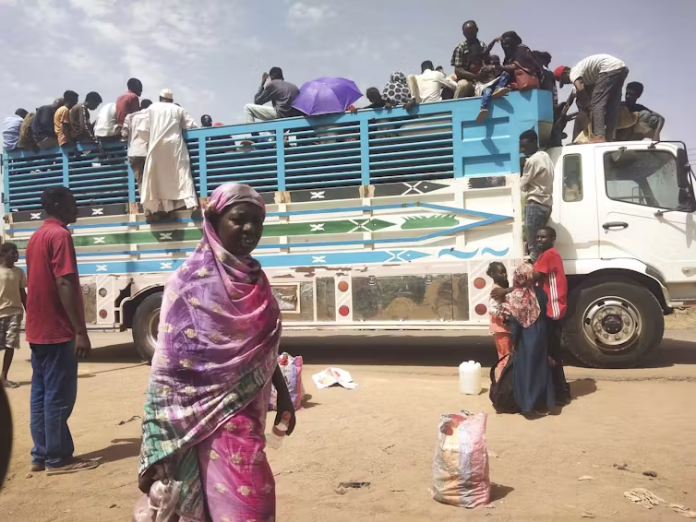Violent clashes erupted on Sunday between the Sudanese Army and the paramilitary Rapid Support Forces (RSF) in 12 states of Sudan.
According to African media, the army carried out airstrikes on centres where RSF gathered around the Al-Jaili Petroleum Refinery north of the capital Khartoum.
The RSF still controls large areas in the town of Bahri north of Khartoum. Meanwhile, the army stationed itself in several neighbourhoods north of Bahri, as well as at an arms depot and at the Hattab and Kadroo bases in the city. According to eyewitnesses, army warplanes also raided areas south of Khartoum and in Alkotainh district in White Nile state.
Since December last year, the RSF has controlled several towns in Al Jazirah state, including Wad Madani. Clashes had also resumed between the army and RSF in the north and east of El Fasher using heavy weapons, local media reported.
The UN International Organisation for Migration (IOM) announced on Sunday that clashes between the army and RSF resumed on Saturday in several western and southeastern districts of El Fasher. This led to the displacement of 250 families and casualties.
Violent clashes outcome
Clashes in El Fasher between the army, backed by armed movements that signed the peace agreement, and the RSF have been taking place since May 10. Previously, the international community warned that El Fasher served as a humanitarian operations hub for all of Darfur state.
The UN and international organisations are increasingly calling for the prevention of a humanitarian disaster as fighting has spread to 12 of the country’s 18 states. The latest call came from the United Nations Children’s Fund (UNICEF). It demanded an immediate ceasefire in Sudan “to prevent a looming famine and any potential loss of children’s lives.”
According to the UN, the Sudanese army and RSF have been at war since mid-April last year. The armed conflict has caused the deaths of some 15,000 people. More than 8 million have also fled their homes and become refugees.
